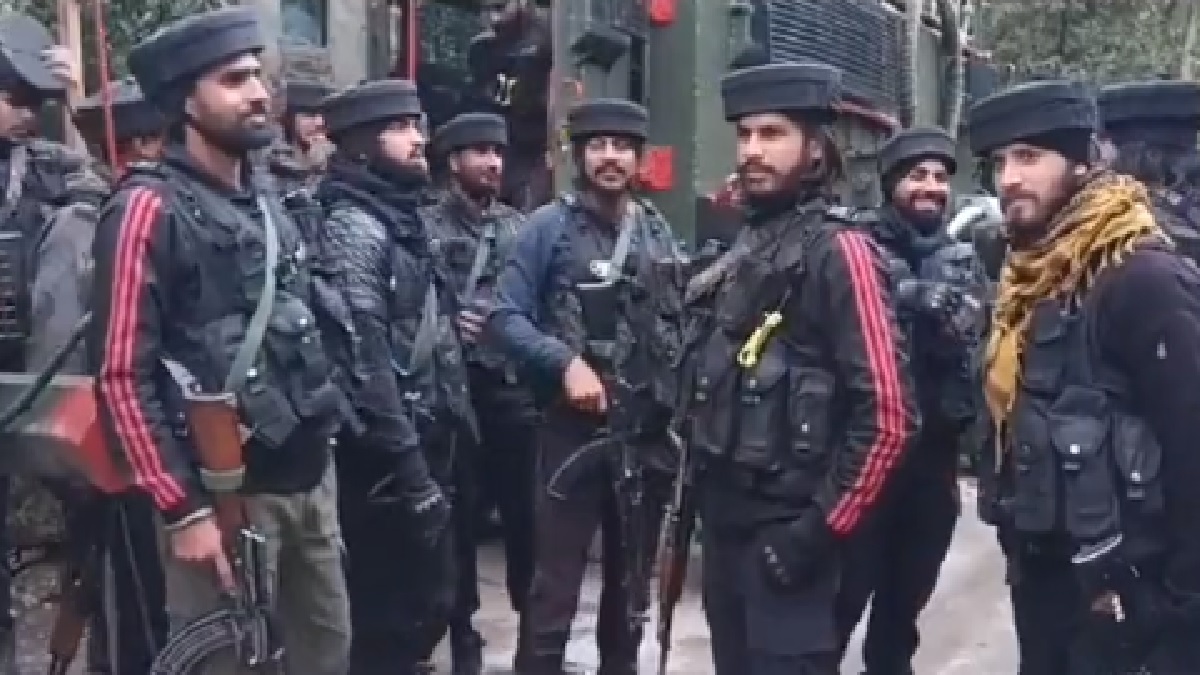New Delhi. The Modi government at the center has extended the period of AFSPA Act in Nagaland and Arunachal Pradesh. AFSPA means Armed Forces Special Powers Act. This law for the army and paramilitary forces was passed by the Parliament on 11 September 1958 by the Congress government led by Jawaharlal Nehru. AFSPA law was also implemented for effective action by the army and paramilitary forces against those involved in terrorist and anti-national activities in Jammu and Kashmir and many states of the Northeast. The Modi government has also removed the AFSPA law from many states. Many human rights organizations have been demanding the repeal of this law from time to time. Now let us tell you what rights the army and paramilitary forces get from the AFSPA law?
AFSPA law is implemented after declaring a place or state as a disturbed area. The right to declare a disturbed area lies with the Central Government, the Governors of the respective states and the Lieutenant Governor of the Union Territory. For this, a notification is issued under Section 3 of the AFSPA law. Wherever the AFSPA law is implemented, the army and paramilitary forces get the right to ban the gathering of 5 or more people. Without this law, the administration has this right. Apart from this, under AFSPA, the armed forces also get the right that if someone is violating the law, then after giving a warning, they can shoot him. In such a case, under the AFSPA law, a case of murder cannot be filed against the soldiers.
Under AFSPA, if there is any suspicion, the army and paramilitary forces can arrest the person concerned without a warrant. Apart from this, they can search anywhere without a warrant. The army and paramilitary forces can also enter any premises for action without permission or warrant. In such a situation, the people living in the premises cannot go to court against them. Due to all these provisions, human rights organizations oppose AFSPA. They say that this ends the guarantee of privacy and security given under the Constitution.
